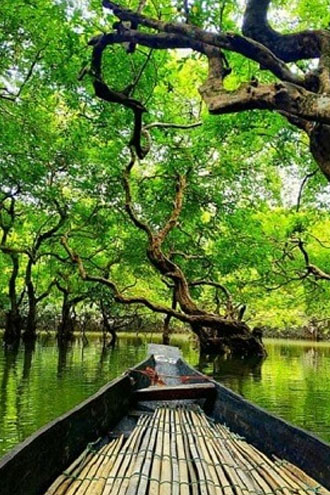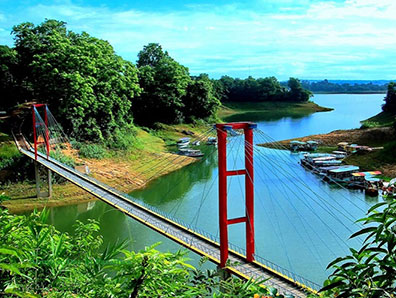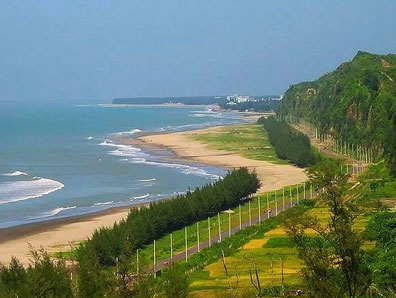Cameroon is a country located in Central Africa, bordered by Nigeria to the west, Chad to the northeast, the Central African Republic to the east, and Gabon, Equatorial Guinea, and the Republic of the Congo to the south. The official languages are French and English and the currency is the Central African CFA franc. The population is approximately 25 million people. Cameroon is a unitary presidential republic with a mixed economy. The capital and largest city is Yaoundé, and the second largest city is Douala.
Cameroon has a diverse cultural heritage, with over 250 ethnic groups and a rich tradition of music, dance, and crafts. The country is known for its traditional festivals, such as the Panafrican Festival of Cinema and Television of Ouagadougou (FESPACO) and the traditional dance of the Grassfields. The economy of Cameroon is based on agriculture, mining, and oil production, with a growing services sector.
Cameroon has a complex political history, with a long-standing Anglophone-Francophone divide which has led to political unrest and a separatist movement in the Anglophone regions. The country also faces security challenges in the form of Boko Haram and other terrorist groups. Despite this, the country has made progress in promoting stability and economic growth, but still faces challenges such as poverty, inequality, and limited access to education and healthcare.
Cameroon is also affected by the effects of climate change, particularly deforestation, soil erosion, and desertification. The government is working to address these issues through environmental protection and sustainable development policies.


